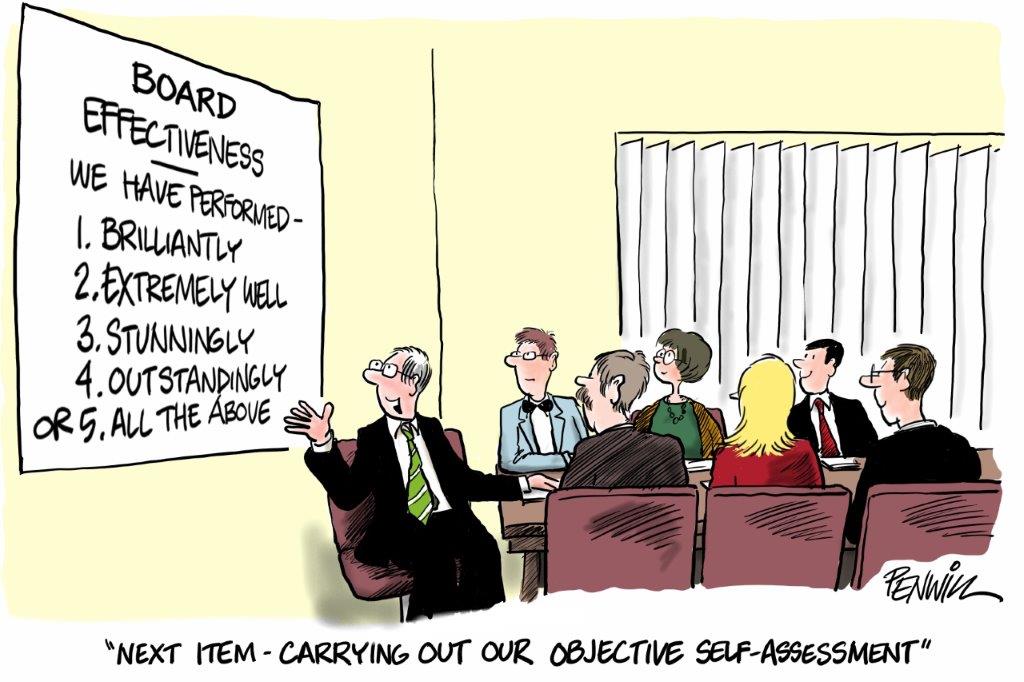Setting vision and goals for 2023!
As we all dive into 2023, for some of us the beginning of the year is an exciting time to set new goals or review the ones we have. My…

What is and what does a board of directors?
Both BoT and BoD provide strategic planning oversight for the organisations they serve; ensuring the organisations achieve their goals, while managing risks, and fulfilling their purpose. Ongoing oversight ensures also that the organisations processes and its employees always employ ethical business practices. The boards are also responsible for setting policies and ensuring the organisations abides them, as well as holding executive management accountable for their actions and commitments.
Here is the article:
Both boards will most probably have sub-committees like: Audit, Risk (and maybe Finance) Committee, Remuneration Committee, and some organisations might even have dedicated Sustainability and Environmental Committees, or Social Value Committees, etc.
The various corporate governance failures in the last decades, raised questions over the root causes of those failures and the role the board of directors played or did not play.
In 2012 a report by the Cass Business School in London (published by Airmic) was listing 7 risks as being the biggest contributors to corporate failure, and the first one was lack of board effectiveness; followed by: board risk blindness, poor leadership on ethos and culture, defective communication, excessive complexity, inappropriate incentive, information glass ceiling. Here the full article in Finance Management: (https://www.fm-magazine.com/issues/2012/feb/understanding-causes-of-corporate-failure.html/)
Having joined a Board of Trustees last year, two questions occupied my mind as a new Trustee:
How do I ensure I am an effective board member? and What does and effective board do?
As a good auditor I did my research and benchmark 🙂 and it seems that some of the characteristics that make a board effective are:
Board effectiveness is often assessed by independent parties (consultancies firms) or in some organisations by the Internal Audit (IA) function, if IA has the right skills and knowledge around corporate governance and board responsibilities and it gained its position as a trusted critical and fair business partner.
The main elements to be considered during board effectiveness reviews are:
Useful information has the following characteristics:
There is no one size fits all framework which if followed will ensure that a board is effective, but the above are some of the important elements and characteristics that if in place, there are good chances that the board is effectively delivering on its duties.
Assessing board’s effectiveness periodically even if sometimes that is in the form of self-assessment or reflection on how effective you are as a board member and then as a team, is part of board duties.
Governance specialists are always researching and interviewing boards on what makes them great. Here is an example for Leading Governance UK that published an article on 10 elements which make a board great (https://leadinggovernance.com/blog/10-things-make-great-board/), that definitely resonated with me:
Is your board effective? Are you an effective board member?
If not, what should be challenged so that things can change to create more effective results?
As we all dive into 2023, for some of us the beginning of the year is an exciting time to set new goals or review the ones we have. My…
Celebrating the first year of showing up in my business! 2022 was my first year of business for ERNL. Officially my company exists for soon 2 years, and the first…
Right in time for the upcoming festive season, my latest article in HOWDO magazine article is a reminder of the importance of celebrating small successes! Online at: https://lnkd.in/eWqMU4vq page 30! Here…